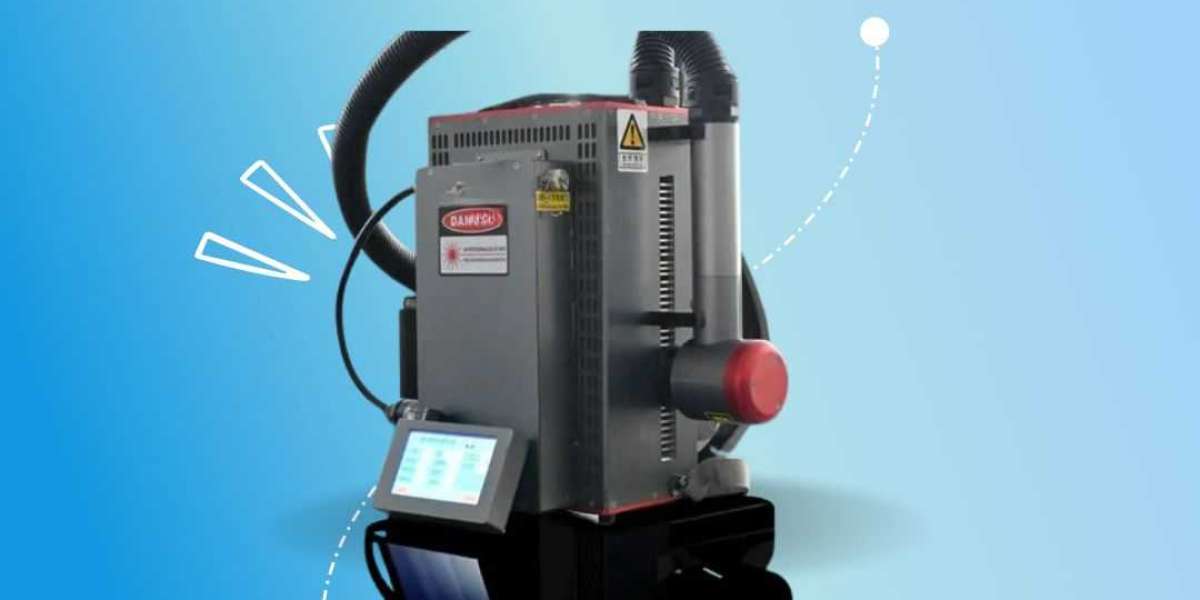In the dynamic landscape of human resources and leadership development, the concept of 360 degree feedback has emerged as a pivotal tool, reshaping the way organisations approach employee development and leadership evaluation. This article delves into the comprehensive world of 360-degree feedback, exploring its transformative impact on employee development, leadership assessment, and overall organisational growth. We embark on a journey to understand how 360-degree feedback cultivates a culture of constructive feedback and self-improvement, contributing to the evolution of modern HR strategies.
Understanding 360-Degree Feedback
360-degree feedback, also known as multi-rater feedback, is a holistic performance evaluation approach that gathers insights from various perspectives within an organisation. This includes feedback from peers, subordinates, supervisors, and even self-assessment. Unlike traditional performance appraisals, which typically involve input from a single source, 360-degree feedback aims to provide a comprehensive and well-rounded view of an individual's performance.
The Transformative Impact on Employee Development:
Holistic Development Insights:
- The beauty of 360-degree feedback lies in its ability to offer a holistic understanding of an individual's strengths, weaknesses, and developmental areas. By incorporating diverse perspectives, employees gain insights into their performance from various angles, allowing for a more accurate and nuanced self-assessment.
Targeted Skill Enhancement:
- Armed with feedback from multiple sources, employees can identify specific skills or behaviours that require improvement. This targeted approach enables individuals to focus on enhancing those areas that are crucial for their professional growth, contributing to a more effective and personalised development plan.
Fostering a Culture of Continuous Improvement:
- 360-degree feedback contributes significantly to fostering a culture of continuous improvement within organisations. The regular feedback loops encourage employees to view development as an ongoing process rather than a one-time event, aligning with the dynamic nature of the modern workplace.
The Revolution in Leadership Evaluation:
Comprehensive Leadership Assessment:
- For leaders, 360-degree feedback provides a comprehensive evaluation by collecting insights from peers, subordinates, and supervisors. This inclusive assessment offers a more holistic view of a leader's effectiveness, taking into account not only their managerial skills but also their interpersonal dynamics within the team.
Enhanced Self-Awareness for Leaders:
- Leaders benefit from the anonymous nature of 360-degree feedback, which promotes honest responses. This enhances self-awareness among leaders, allowing them to understand how their actions are perceived by those around them. This newfound awareness becomes a powerful catalyst for personal and professional growth.
Tailored Leadership Development Initiatives:
- The insights derived from 360-degree feedback enable HR professionals to design tailored leadership development initiatives. Rather than adopting a one-size-fits-all approach, organisations can address specific leadership competencies that require improvement, resulting in more impactful and targeted developmental interventions.
Contributing to Organisational Growth:
Cultivating a Feedback Culture:
- 360-degree feedback plays a pivotal role in cultivating a feedback culture within organisations. The process encourages open communication, transparency, and constructive criticism. As employees and leaders become accustomed to giving and receiving feedback, it creates an environment that values continuous improvement and excellence.
Improved Team Dynamics:
- The impact of 360-degree feedback extends beyond individual development to enhance team dynamics. By providing insights into communication styles, teamwork, and interpersonal skills, the process contributes to the creation of cohesive and high-performing teams. This, in turn, positively influences overall organisational productivity.
Strategic Organisational Planning:
- Organisations can leverage the data gathered from 360-degree feedback for strategic planning. By identifying patterns and trends across various departments and teams, HR professionals can make informed decisions about organisational development, talent management, and succession planning.
Increased Employee Engagement:
- The participative nature of 360-degree feedback enhances employee engagement. Knowing that their opinions contribute to the growth of their colleagues and the organisation fosters a sense of inclusion and involvement. Engaged employees are more likely to be motivated, committed, and aligned with the organisational goals.
Conclusion:
360 degree feedback stands as a cornerstone in modern HR and leadership development strategies. Its transformative impact on employee development, leadership evaluation, and organisational growth is evident in the cultivation of a culture of continuous improvement, enhanced self-awareness, and improved team dynamics. As organisations continue to navigate the complexities of the modern workplace, embracing the comprehensive world of 360-degree feedback becomes not just a strategic move but a commitment to fostering a culture of excellence, collaboration, and continual advancement.






